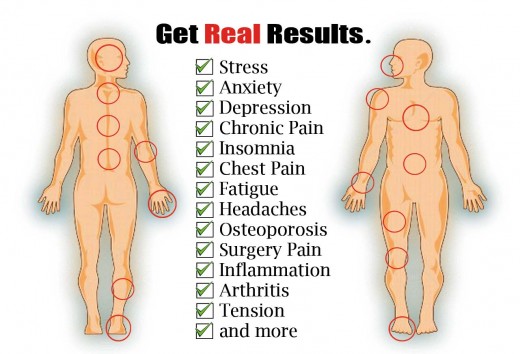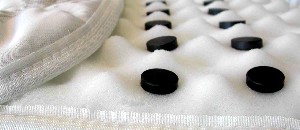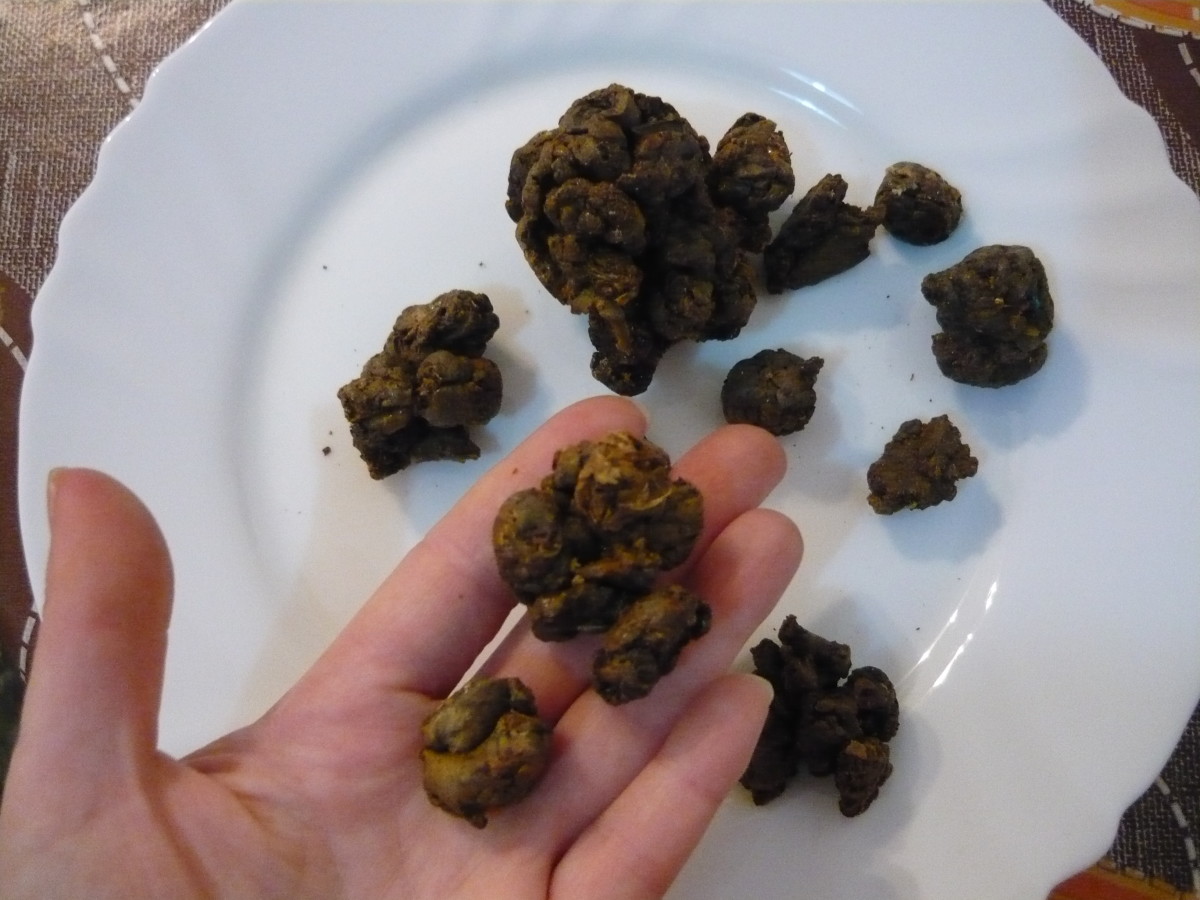Does Magnetic Therapy Help Pain

Does A Magnetic Mattress Pad Work?
It is a fact that we are exposed to low levels of radiation and electric energy everyday from both natural and man-made sources. The idea behind magnetic mattress pads is that they control the amount of radiation and electric energy the body is exposed to during sleep. It is also purported that magnets used in therapy can increase blood flow in small vessels.
Will it do that for you? Many swear by it and there are some that say it does nothing. There are lawsuits against magnetic mattress pad manufacturers because of claims of what magnetic mattresses and magnetic bed pad additions are supposed to do for your health and arthritis. Will that happen only you will know by trying it or listening to what your friends tell you what worked for them. How are they supposed to work?

How Magnetic Mattress Pad And Magnetic Mattresses Are Supposed To Work
The Magnetic Benefits Theory
It is a fact that we are exposed to low levels of radiation and electric energy everyday from both natural and man-made sources. The idea behind magnetic mattress pads is that they control the amount of radiation and electric energy the body is exposed to during sleep. It is also purported that magnets used in therapy can increase blood flow in small vessels.
With the ever growing amounts of stress in our day to day lives, people are becoming more open to less conventional ideas of how to be more comfortable both in and out of bed. Interest in Eastern techniques has taken the West by storm. From acupuncture to Feng Shui, Westerners are becoming more knowledgeable and accepting of Eastern arts.
Magnetic mattress pads are considered a viable way to relieve morning pain and achieve deeper, more recuperative sleep in some countries. In fact, governments in Japan, Germany, France, and Israel all recognize magnet therapy as having legitimate medical benefits.
Some say that magnetic therapy works like this: magnets increase blood flow to the area they touch by attracting the iron in the blood, by relaxing capillary walls, surrounding muscle and conective tissue. The increased blood flow brings more oxygen and nutrients to the injured or painful body part, thus rushing the healing.
Others say that iron is bound to hemoglobine inside our blood cells and consequently cannot be affected by the presence of any magnetic field produced by a comercial magnet. Here is where you need to decide if it has a chance working is it worth the effort of buying it and seeing for yourself if this works for you. .
Magnetic Pads

How Do Magnets Work In A Mattress To Help You
Is It A Crock Or Real?
Skeptics will say that there's no way it will work. Advocates will say that there's no way it won't work. That being said, the only person who can truly say whether or not a magnetic mattress pad really works is the individual using it. Whatever you decide, even magnet therapy enthusiasts will tell you that a magnetic mattress pad isn't for everyone. In particular, those with certain health conditions that require a pacemaker or other electro-medical device should consult a doctor before trying out any magnet based product.
Magnetic mattress pads are considered a viable way to relieve morning pain and achieve deeper, more recuperative sleep in some countries. In fact, governments in Japan, Germany, France, and Israel all recognize magnet therapy as having legitimate medical benefits. Better Bed, or a Bunch of Bunk?
There have been studies done on magnetic mattress pads that have shown a marked improvement in the quality of sleep and comfort of waking for the participants. In Japan, the use of magnets for healing has been practiced for a very long time. Whether or not magnet therapy is for you, there is undeniable scientific proof that people who rest better also feel better. People who regularly get a good night's sleep have fewer aches and pains, lower blood pressure, more energy during the day, and enjoy an overall better quality of life.
There have been only a few published studies in the United States. One from Baylor College of Medicine in Houston showed that magnets were more than twice as effective as placebos in treating post-polio, muscular, and arthritic-like pain. Another study from New York Medical College showed good results using magnetic shoe inserts to treat diabetic neuropathy .
Some Of The Main Benefits Claimed By Magnet Therapy:
Pain Relief - Magnets have been used to assist in the relief of pain, particularly for joint and muscle pain. They have also been used to ease pain after surgical procedures.
Anti-inflammatory - Wearing magnetic bracelets has been found to reduce inflammation and swelling. They are also useful for relieving of arthritic and wrist pains. Magnets also help ease muscular tension.
Boost Blood Circulation - Magnetic fields help enhance and regulate blood circulation in the body, speeding up the healing of wounds. It is believed to boost blood circulation by interacting with the iron content in blood at the cellular level.
Stress Relief - The use of magnetic products such as bracelets have been found to alleviate feelings of depression, relieve stress and enhance feelings of well-being.
Warning none of these claims have been proven through extensive peer-reviewed scientific studies.
There is a general agreement among scientists that magnets can improve blood circulation. Though scientists aren't exactly sure why, one theory is that because blood contains iron, the magnetic field aligns the iron molecules, thus allowing for improved blood flow through the veins and arteries. Another theory would suggest that magnets assist with the way information is transferred through the body. Nerves move information from every part of the body to the brain with minor electrical impulses. Magnets may have an effect on the way nerves transfer that information, promoting faster movement of brain stimuli to promote improved circulation.
Whatever the reason, magnets do seem to help with circulation, which is a major health benefit. Good circulation means that oxygen is moving efficiently to all parts of the body, including extremities such as hands and feet. Improved circulation also helps to remove toxins from the blood by transporting them to the kidneys and then the urinary tract. Magnets are believed to help the body with the removal of lactic acid, a toxin that is commonly associated with joint pain and arthritis.
At the Baylor College of Medicine in Houston, a double blind study was conducted to determine the effects of authentic magnetic devices and placebo devices on the knee pain of 50 adult patients. The knee pain was attributed to the poliovirus they contracted when they were kids. This study concluded that the 29 patients who used the authentic magnetic devices had a greater reduction in pain than the 21 patients who used the placebo devices.
In the Journal of Alternative and Complementary Medicine there was a study conducted by researchers at the University of Virginia that looked into the effectiveness of magnetic therapy on patients suffering from fibromyalgia pain. People with fibromyalgia suffer from musculoskeletal pain, fatigue and multiple tender points. Two percent of the population suffers from fibromyalgia. The 6-month study was conducted on 94 patients suffering from fibromyalgia to test the effectiveness of magnetic sleep pads. They were randomly placed into 4 groups. The first group used sleep pads with fake magnets. Another group was asked to stick to their normal treatment routine that didn't involve magnetic therapy. A third group used magnetic sleep pads that exposed their entire body to a low, uniform magnetic field. The last group used magnetic sleep pads that used magnets that varied in intensity. At the end of the 6 month study, it was determined that the two groups that used magnetic therapy did show improvement in outcome scores of pain intensity level, number of tender points on the body and functional status. The other two groups did not show the same type of improvement.
Researchers from the Peninsula Medical School conducted a magnetic therapy study on 194 patients with osteoarthritis of the hip or knee. For 12 weeks, these test subjects were required to wear either a standard magnetic bracelet, a weak magnetic bracelet, or a non-magnetic bracelet. The standard magnetic group had a reduction in pain that was not matched by the other two groups. The results for the non-magnetic and weak magnet groups were similar. These results indicate that the magnetic strength of the bracelet is also important.
But as of today, the U.S. Food and Drug Administration (FDA) has not yet approved of magnetic therapy.
You are to find out on your own if it does anything for you. The US goverment does not endorse this alternative therapy.
Magnetic Mattresses
These sleep pads have an abundance of Bioflex concentric circle magnets. They are strategically imbedded in the upper layer to improve circulation, accelerate healing and enhance pain relief.
Magnetic Therapy Video Help









